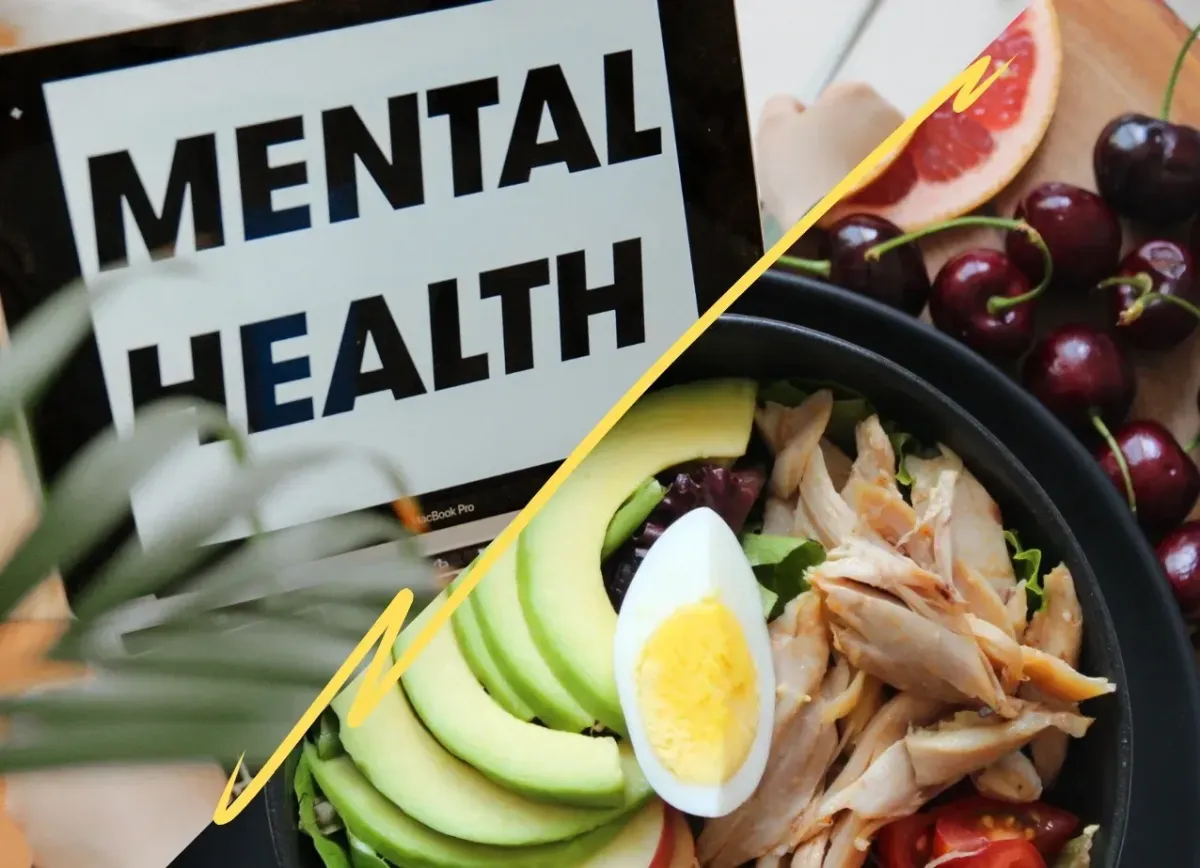
Exploring the Fascinating Link Between Diet and Mental Health
Many people believe that diet has little to do with mental or emotional health. Yet hundreds of research studies prove that nutrient deficiencies and imbalances adversely affect the way we think and feel. After all, the brain and the nervous system are integral parts of our physical bodies and need to be nourished, just like the other organs. With a healthy body and brain, we can produce the endorphins and other biochemical compounds needed to feel optimistic, happy, balanced, and focused. These "feel-good" chemicals not only equip us to become high-functioning individuals able to cope with the stresses of life but also help those who've suffered psychological wounds and traumas.
LOW BLOOD SUGAR: One important factor in dealing with mental illness is low blood sugar (hypoglycemia). When our blood sugar drops lower than it should be, we can feel anxious, nervous, depressed, and angry. Excitotoxins that kill neurons are produced during hypoglycemia. Daily bingeing on sugar not only causes low blood sugar; it also repeatedly releases dopamine, a feel-good chemical, in the brain; this eventually results in fewer Dopamine receptors and a need for greater amounts of sugar to feel good.
THE GUT-BRAIN CONNECTION: Scientists and health practitioners have discovered that good health, including mental health, begins in the gut. When we have plenty of beneficial gut flora, these microorganisms produce feel-good chemicals that help our brains function properly. When the intestinal tract is populated by an overgrowth of candida and pathogenic fungi, these microorganisms produce neuro-toxins that can cause everything from attention deficit disorder (ADD) to autism. Also when the gut is "leaky" undigested proteins and compounds that have drug-like effects get into the bloodstream, often causing symptoms of mental illness. very often a return to stable mental health involves adopting a diet that can heal the gut and repopulate the digestive tract with friendly microorganisms, such as the GAPS (Gut and Psychology Syndrome) diet. Genetically modified foods, antibiotics, chlorinated and fluoridated water, and concentrated sweeteners can destroy beneficial gut bacteria. Lacto-fermented foods rich in beneficial bacteria and gelatin-rich bone broth can help heal the gut and repopulate it with good bacteria.
THYROID DISORDERS AND MENTAL HEALTH: Poor thyroid function can result in psychiatric disturbances. People with an overactive thyroid may be anxious, tense, moody, impatient, irritable, depressed, and unable to concentrate. People with an interactive thyroid may lose interest and initiative, have slow mental processes and memory, and suffer from depression and paranoia. in these cases, treatment of the thyroid disorder is vital to restoring mental health. Iodine and vitamin A are key nutrients for healthy thyroid function.
VEGETARIAN DIET: A vegan or vegetarian diet is often lacking in nutrients that support mental health, such as vitamins A, D, B12, and minerals like zinc and iron. Studies show that vegans and vegetarians suffer more depression and anxiety than those who include meat and other animal products in their diet.
Sources and Further Information:
www.westonaprice.org/health-topics/mental-health-flyer-references/
Discover the Elite Mentorship Forum!
Overview of Elite Mentorship Forum
Elite Mentorship Forum Documentary
(RISE - The Science of Transformation)
Roberta's Elite Mentorship Forum (EMF) Lasting Transformation
Roberta and Margo's Elite Mentorship Forum (EMF) Testimony
Guided Meditation For
Trusting Your Path and Yourself
Standard Process Documentary
Breast Implant Illness
Testimony
Recovery From Effects of
Cancer Therapy
"Live in the now, trust yourself and go! Be the best version of you.
-Peter Sage
Stay in Touch!





